Beta Yourself: Camping
Planning on heading into the woods and doing your best Bear Grylls impression this summer? Well here's the guide for you
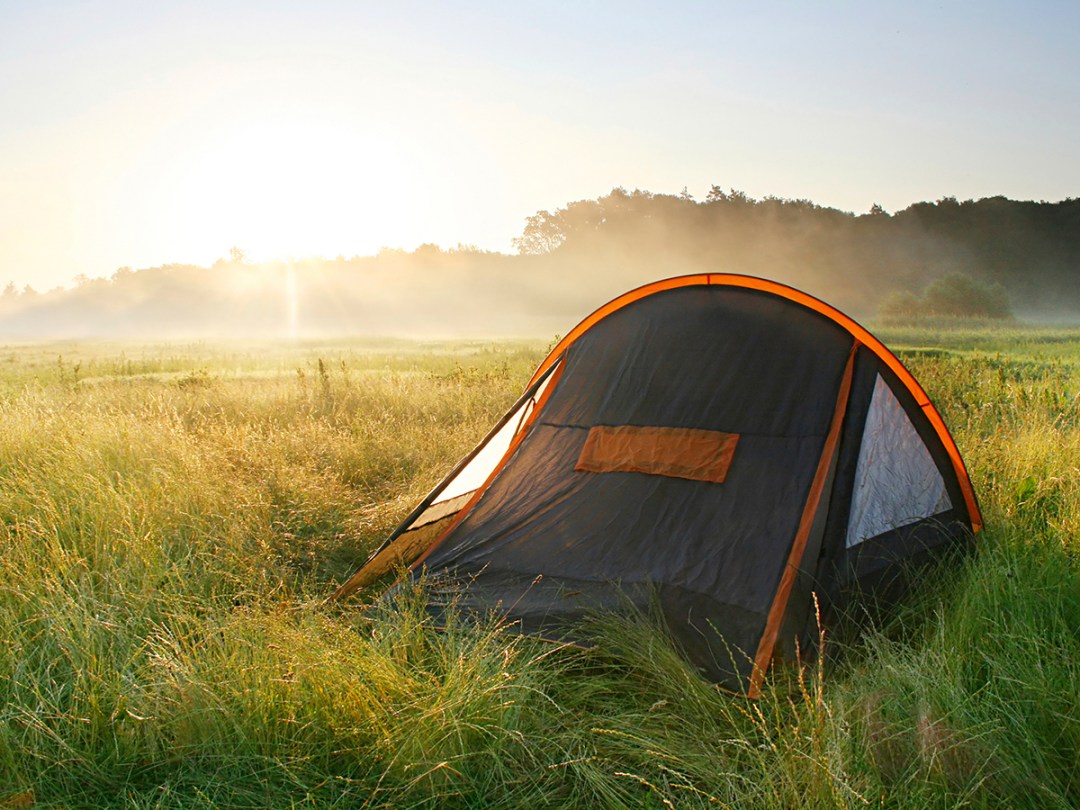
All in a flap over fluttering flysheets? Troubled by tempestuous tent trauma? Wanderlust editor and fearless adventurer Phoebe Smith shows you how to be a happy camper this summer from the best thing to sleep on to the best tricks to keep you happy in the great outdoors.
First steps
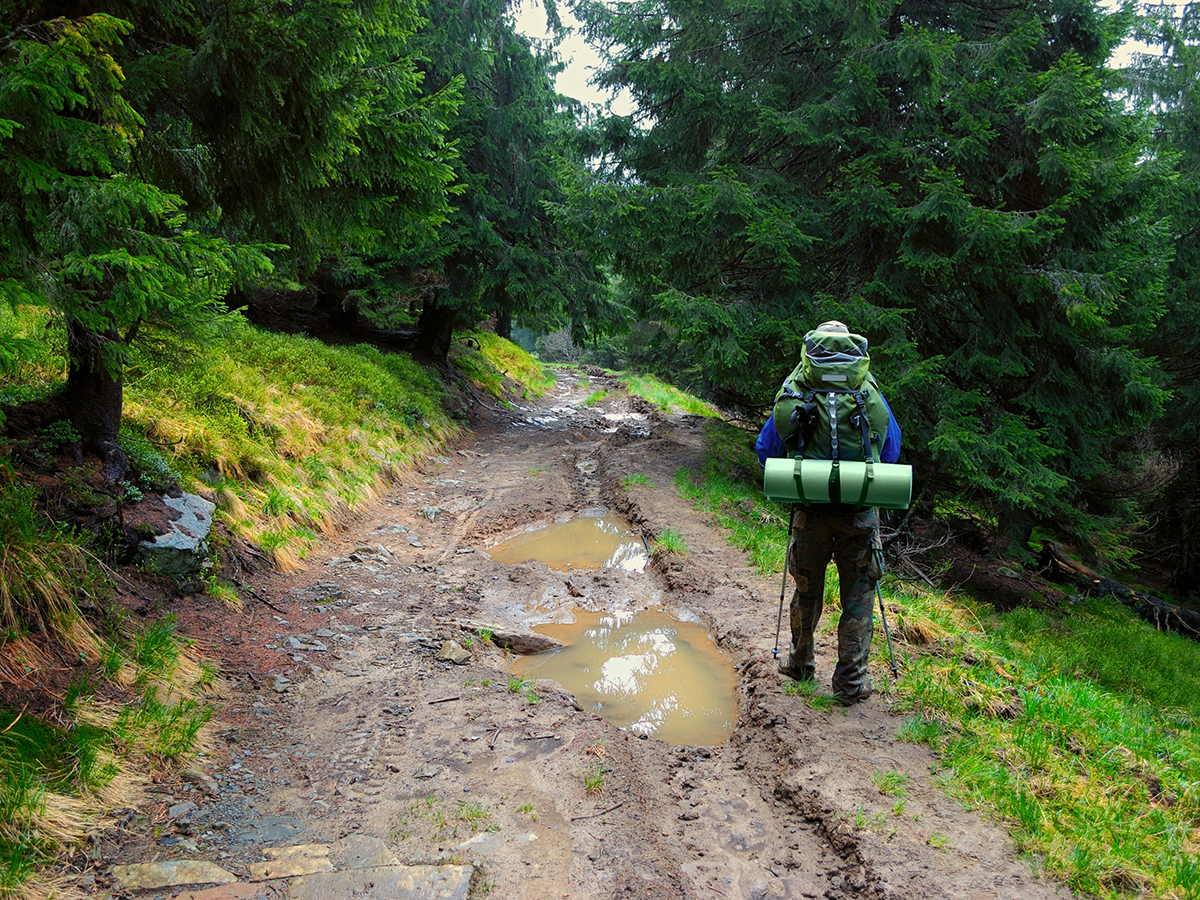
■ Wild or mild? There are two types of camping: staying in campsites with all the mod cons, or wild camping in the great outdoors away from everyone. The latter is fun but it’s technically illegal in the UK (though not in Scotland or Dartmoor).
■ Heaven tent. If you’re just car-camping in proper sites, you won’t need a super-expensive featherweight model. But if your trip involves any kind of backpacking, go for the lightest tent that your budget allows.
■ Know the lingo. Tents are formed by two fabric layers, an inner and an outer (or flysheet). Some pitch the inner first, others the outer; but in the wet, an outer pitch first is best.
■ Try before you buy. It sounds obvious, so do it. When you see a tent in a shop, ask if you can take it down and pitch it up again yourself. If it’s difficult in a shop, imagine how much harder it will be in the wind and rain.
■ Avoid the WC zone. Yes, pitching near the toilet block might seem like a good idea when you first arrive at the campsite – an easy dash to the loo in the night if needed – but the further away, the better.
■ Enjoy, don’t endure. If it’s your first camping trip for a while, there’s no shame in taking pre-packaged food like tinned beans or cereal bars. Don’t worry if you haven’t become an overnight Ray Mears – the main aim should be fun.
Next steps
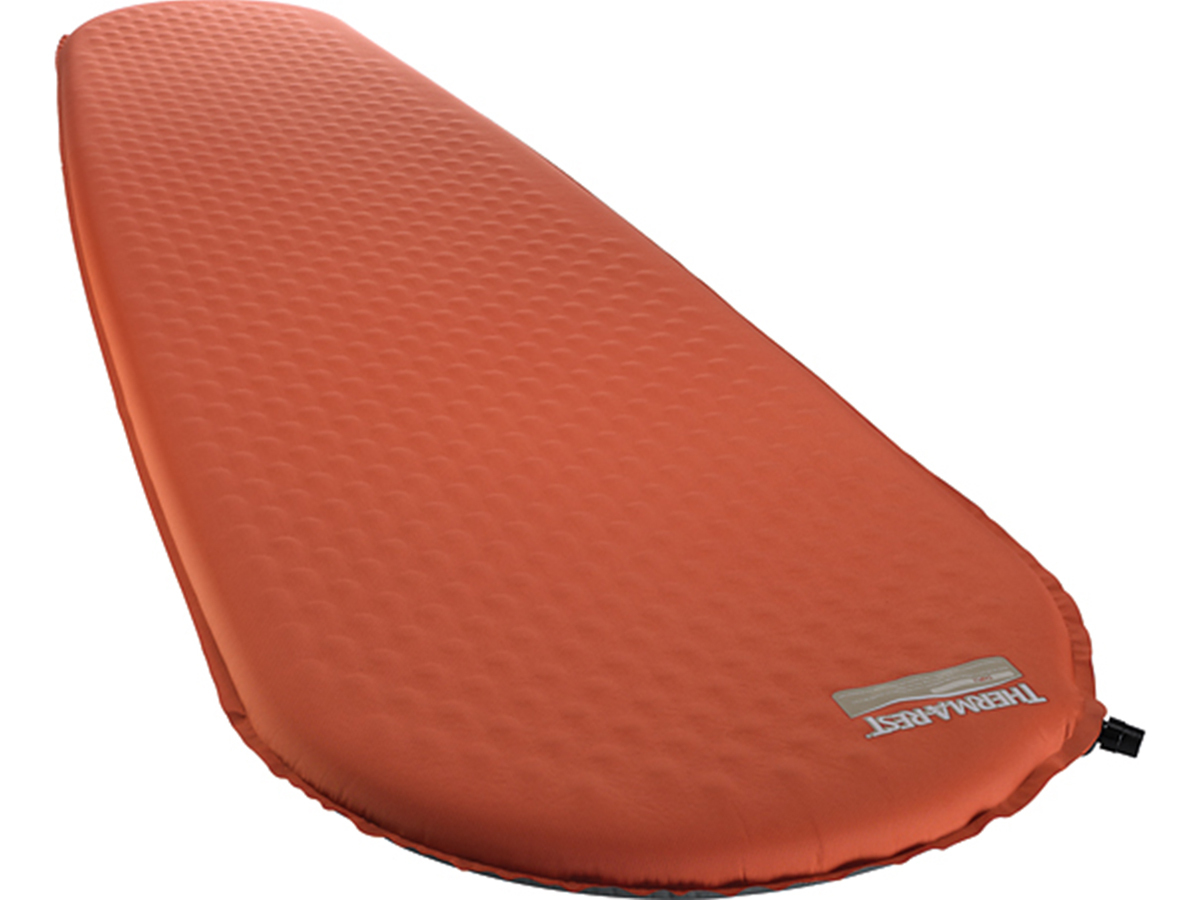
■ Invest in a camping mat. One of your most important bits of kit, as it sits between you and the surprisingly cold ground. Ditch the foam and go for an inflatable Therm-a-Rest: they’re lightweight and warm.
■ It’s all in the (sleeping) bag. Down gives best warmth-to-weight ratio but doesn’t work when wet; synthetic is heavier, but will still work when damp.
■ Take little luxuries. It’s worth the extra weight. Hot chocolate sachets, wine or an inflatable pillow – whatever it is that makes you smile, take it.
Related › Beta Yourself: smartphone photography
How to pitch your tent
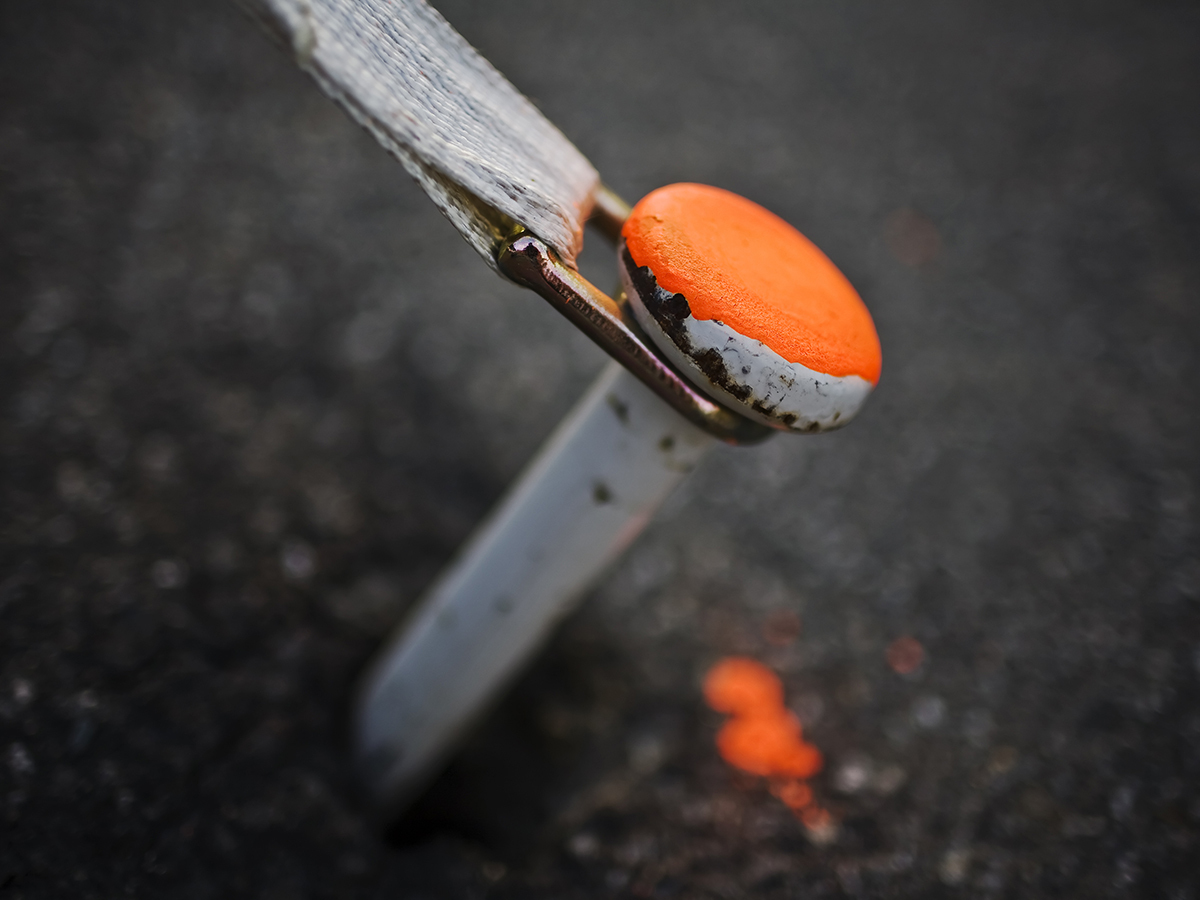
■ Location, location, location. Choosing the perfect spot is key to a good night’s sleep. Lie down to check for uneven ground. If there is a slope, you keep your head uphill.
■ Gimme shelter. Look for natural protection from the elements, such as boulders, a dip in the land or a wall. Point your door away from the wind and face the sharp bits of your tent towards it for a windbreak. Don’t pitch under trees.
■ Neighbourly love. Who will be next to you? At least with a tent you can always move.
Survival tricks
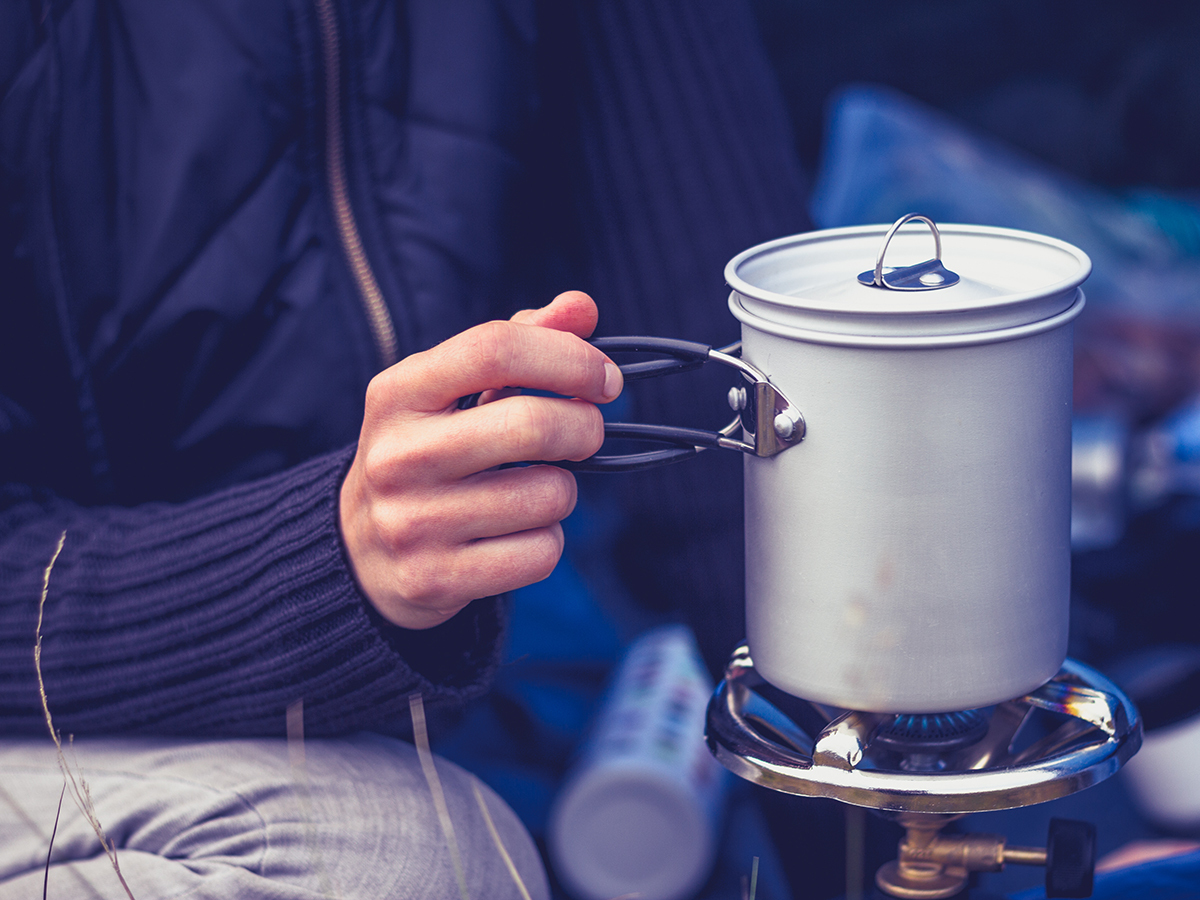
■ Tape it up. The most useful item you can take camping is duct tape. It fixes everything from tears in a groundsheet to a broken rucksack strap.
■ Modify your kit. Tent pegs a bit flimsy? Then replace them with sturdy ones. Poles not colour-coded? Get out your permanent marker and label them up. You are in control.
■ Bottle it. Before you go to sleep, boil some water to purify it. Put it in a bottle and wrap it in a fleece – you now have a hot water bottle for the night and clean water when you wake up.
You might like this › 5 of the best tents – reviewed
Hidden gems: sites worth pitching up at
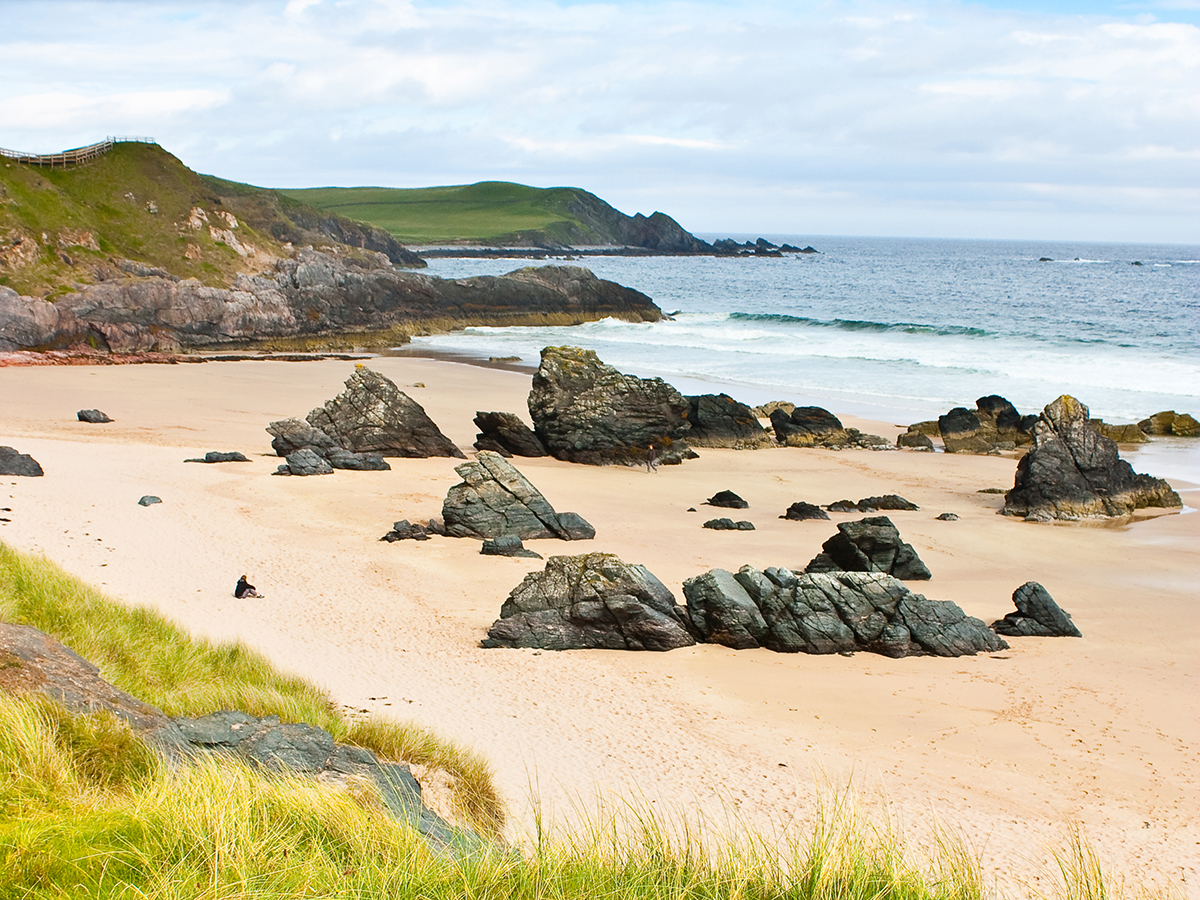
■ Sandwood Bay, northern Scotland. Wild camp for a night among the dunes. It’s a fair walk in, but has azure sea and white sand, minus the crowds.
■ Turner Hall Farm, Cumbria. With giant rocks to shelter among, it feels like wild camping but with the benefit of hot showers – and a great pub a few minutes’ walk away.
■ Mynydd Mawr Campsite, north Wales. The perfect site to leave the modern world behind. The facilities are basic but the views over to Bardsey Island are breathtaking.



